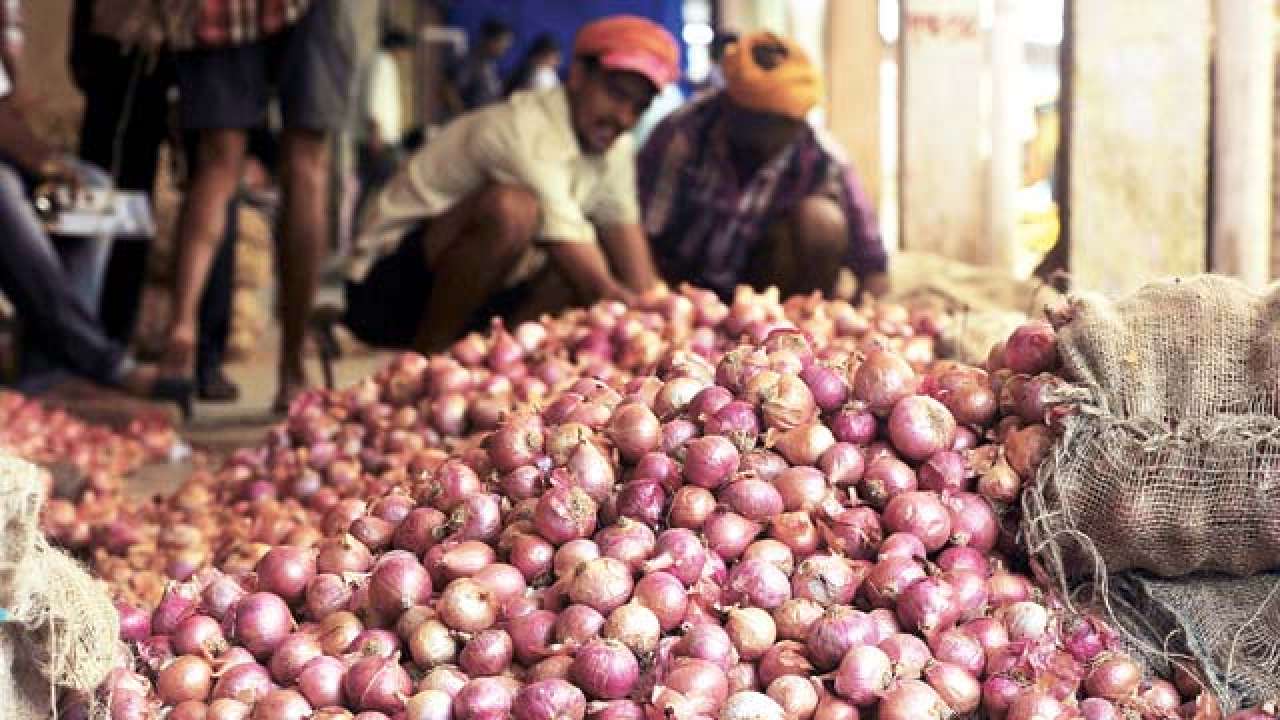
What is it with onions and runaway prices? The answer to that tear-jerking conundrum should be provided by Income Tax (I-T) sleuths who raided the offices, godowns, and residences of seven big onion traders in Maharashtra’s Nashik district on Thursday. As if on cue, onion prices fell 35 per cent in Maharashtra’s Lasalgaon market, India’s largest wholesale vegetable market, on Wednesday just before the raids. It also has a south Asian angle since Maharashtra’s traders were planning to reap the dividends of an artificial demand by exporting the vegetable to Pakistan, Bangladesh, and Sri Lanka.
Apprehensive of the jacking up of prices of essential items on account of the rise in global crude oil demand, Intelligence Bureau and state authorities had kept a close watch on the bigwigs of the Nashik market. When prices shot up by 50 per cent and 20 per cent in Lasalgaon and Delhi markets, respectively, between August 1 and the first week of September, the central government realised that it was time to act. Every year, the kitchen staple suddenly becomes a prohibitively-priced item, even when there is a bumper crop. This leads to the only conclusion that a section of traders is indulging in malpractices.
The peeling of the onion story, which is similar to other man-made scarcities involving agricultural produce, confronts the nation with unpalatable facts. It shows how greedy profiteering by a handful of people has continued at the expense of both farmers and consumers. At the heart of the agrarian crisis and the tremendous strain on the exchequer due to farm-loan waivers, is the bitter story of a thriving black market. Recall how tomato prices reached the Rs 100 mark in various parts of the country in July this year. Green chilies too had become untouchable. This monsoon, while it poured heavily, prices of vegetables shot through the roof, registering in some cities a 200-per-cent jump. Sadly, the poor farmer doesn’t get to enjoy these gains.
Every season he will suffer, either for a bumper crop or unseasonal rains and hailstorm destroying his yield. The only way to stem the rot is to create a policy of deterrence through exemplary punishment. And, at the same time, keep a hawk-eyed vigil on the markets. The creation of an avenue that would enable farmers to sell their crops directly to consumers would be an effective way to keep the middlemen out of the system. Lastly, the government should institutionalise a system of better support prices for the cultivators.